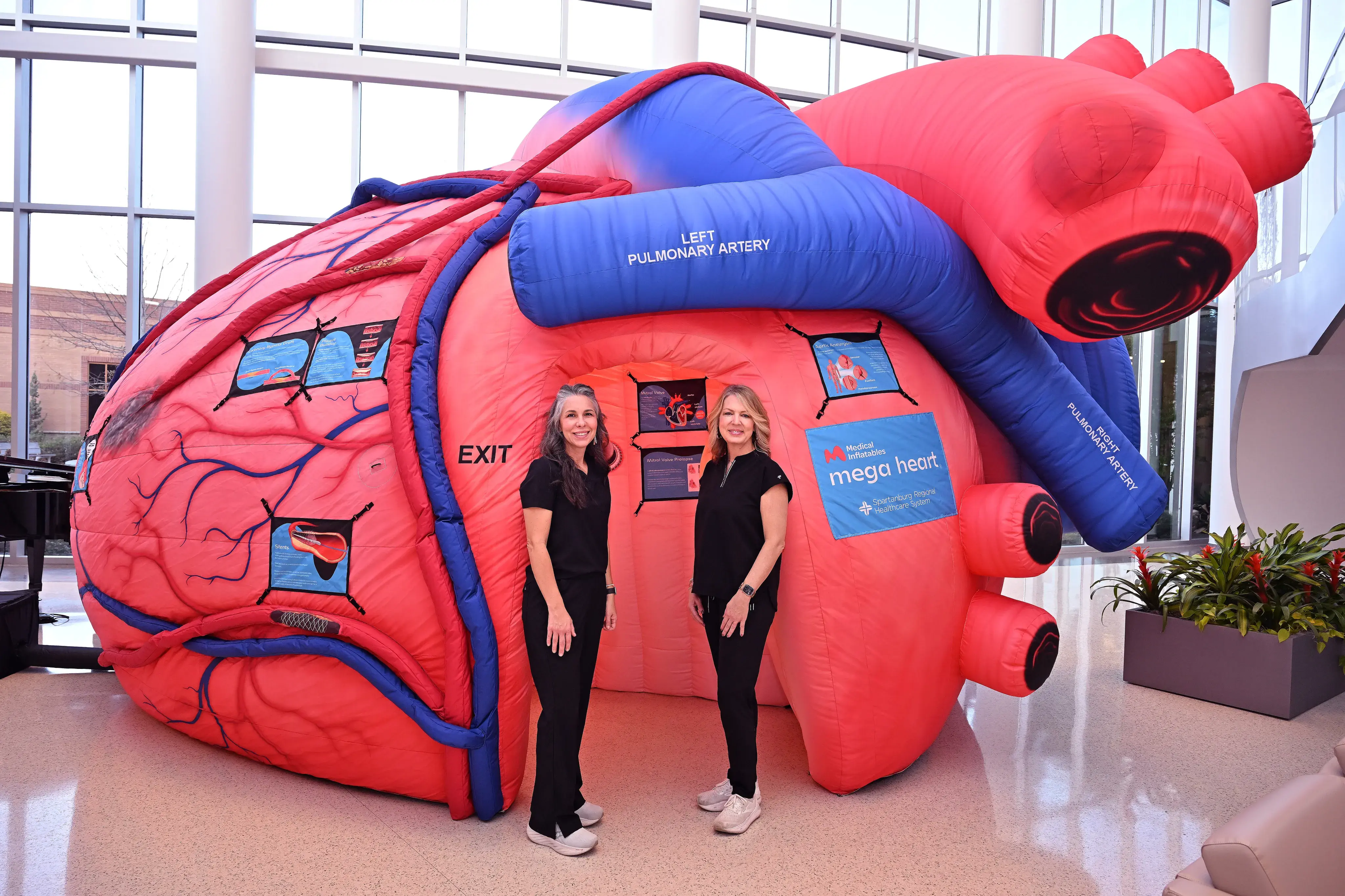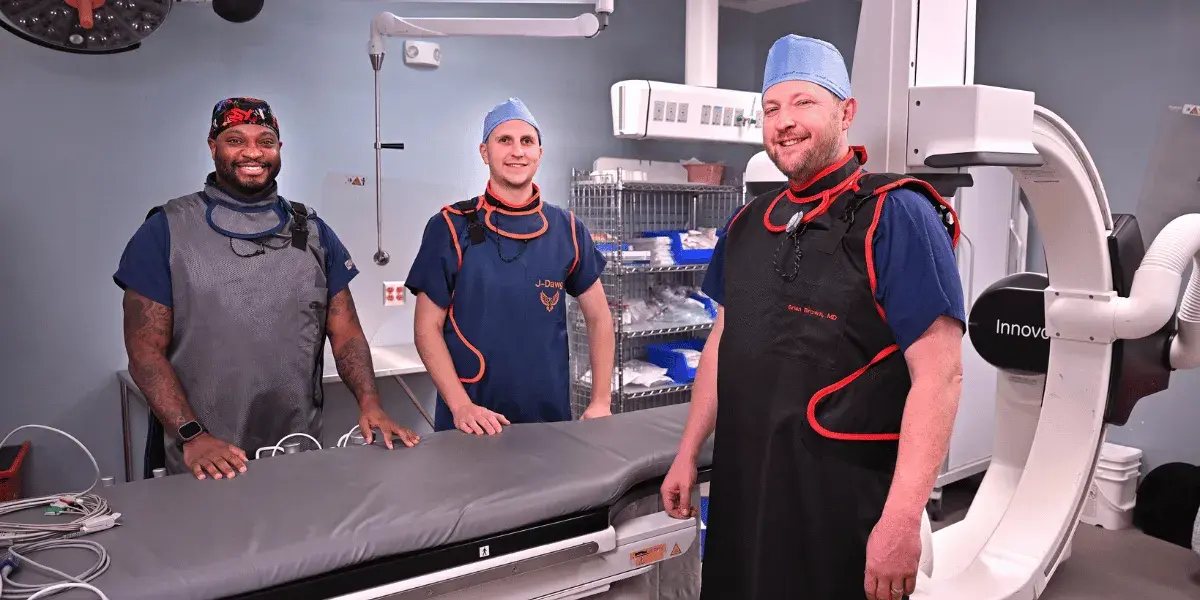
Revolutionizing Dialysis Treatment: A Leap Forward in Patient Care
For those requiring dialysis, establishing a robust arteriovenous access is the cornerstone for years of subsequent care. Conventionally, patients waited nearly 135 days post-surgery for a functioning fistula, grappling with potential risks like infection, nerve and vessel damage, and decreased blood flow to the hand.
Enter the game-changer: Dr. Ari Kramer from the Medical Group of the Carolinas – Vascular Access Services – Spartanburg introduces the Ellipsys Vascular Access System. This groundbreaking, minimally invasive technology promises enhanced outcomes for dialysis patients.
Unlike the traditional approach, the Ellipsys system creates a percutaneous arteriovenous fistula for hemodialysis access using a simple needle stick, guided wire and heat application. Remarkably, the access point becomes functional within a mere 16 to 50 days.
"With no incisions, the infection risk becomes almost nil. The procedure's precision ensures consistent results, boasting a significantly reduced failure rate," Dr. Kramer said.
A pioneer in this domain, Spartanburg Regional Healthcare System was among the first to adopt this innovation, with Dr. Kramer leading the charge. Notably, Spartanburg Medical Center ranks among four elite training hubs nationwide for this system.
Addressing an urgent need – a concerning 16% of hospital admissions involve kidney injuries, with nearly 40% developing chronic kidney disease – Spartanburg Regional has successfully executed about 200 Ellipsys cases, witnessing a surge in patient satisfaction.
"Our program offers dialysis patients a superior treatment experience. Our success metrics, from zero nerve injuries to reduced reinterventions, outshine traditional methods," Dr. Kramer said.
The profound impacts of this new system set the stage for enhanced, patient-centric care in dialysis treatment. As Dr. Kramer aptly puts it, "Excellence begins at the outset. Our patients always come first."












